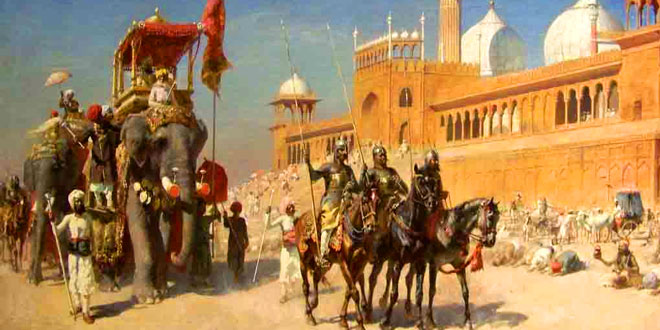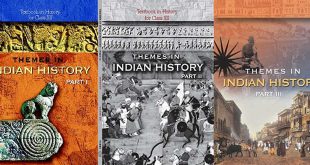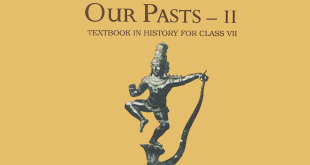Question: How did James Mill view India?
Answer: James Mill did not cherish any positive idea about India. He was of the opinion that all Asian societies were at a lower level of civilization than Europe. According to his telling of history, before the British came to India, the Hindu and the Muslim despots ruled the country. Religious intolerance, caste taboos and superstitious practices dominated social life. He felt that only British rule could civilize India. He suggested that the British should conquer all the territories of India to ensure the enlightenment and happiness of the Indian people. For India was not capable of progress without the help of the British.
Question: Historians divide Indian history into ancient, medieval and modem. But this division too has its problems. What are these problems?
Answer: This periodisation has been borrowed from the West where the modem period was associated with the growth of the forces of modernity such as science, reason, democracy, liberty and equality. Medieval was a term used to describe a society where these features of modem society did not exist.
It is difficult for us to accept this characterization of the modem period. Here, it is worth-mentioning that Indians did not have equality, freedom or liberty under the British rule. The country also lacked economic growth and progress in that period. It is therefore many historians refer to modem period as colonial period.
Question: What did the British do to preserve important official documents and letters?
Answer: The British felt the need to preserve all the important official documents and letters. For this, they set up record rooms attached to all administrative institutions. The village tahsildar’s office, the collectorate, the commissioner’s office, the provincial secretariats, the law courts — all had their record rooms. The British also established specialized institutions such as archives and museums to preserve important records.
Question: What do official records not tell? How do we come to know about them?
Answer: Official records do not always help us understand what other people in the country felt, and what lay behind their actions. For that we have diaries of people, accounts of pilgrims and travelers, autobiographies of important personalities, and popular books, etc. that were sold in the local bazaars. With the spread of printing press, newspapers came to be published and issues began to be debated in public. Leaders and reformers wrote.to spread their ideas, poets and novelists wrote to express their feelings.
 Class Notes NCERT Solutions for CBSE Students
Class Notes NCERT Solutions for CBSE Students





It’s very much interested